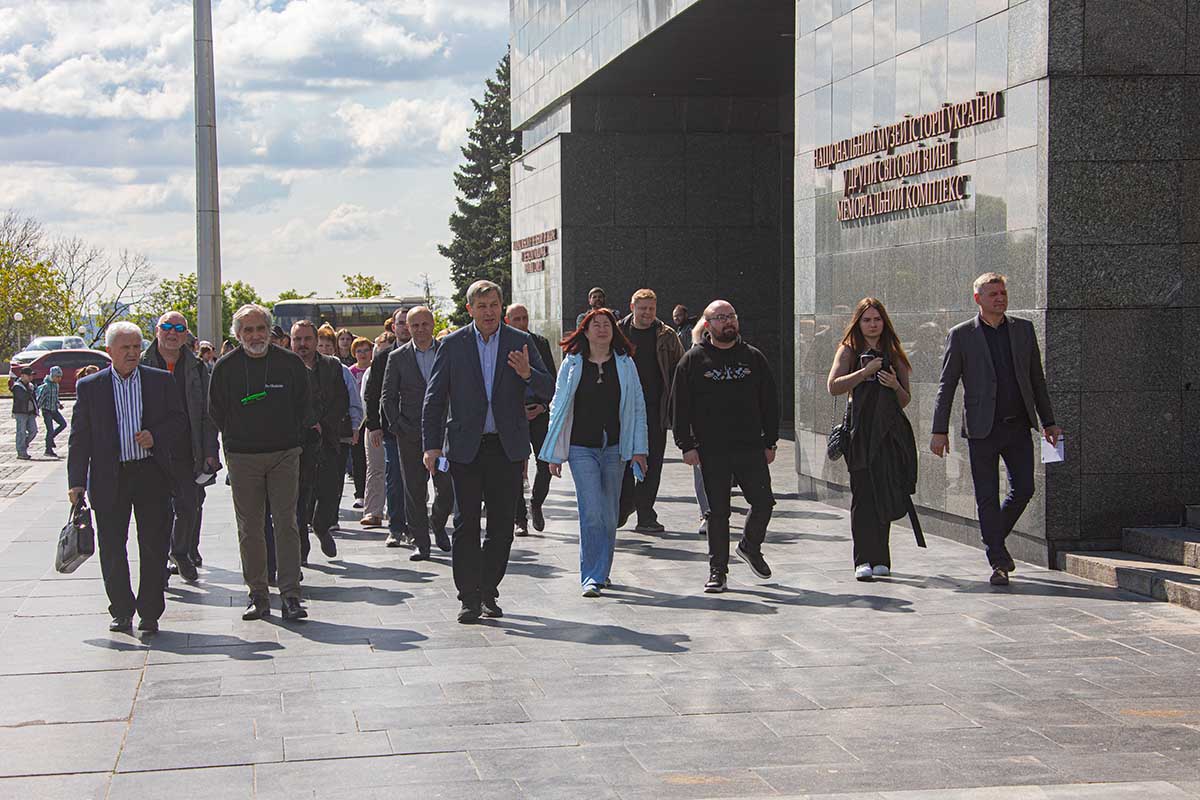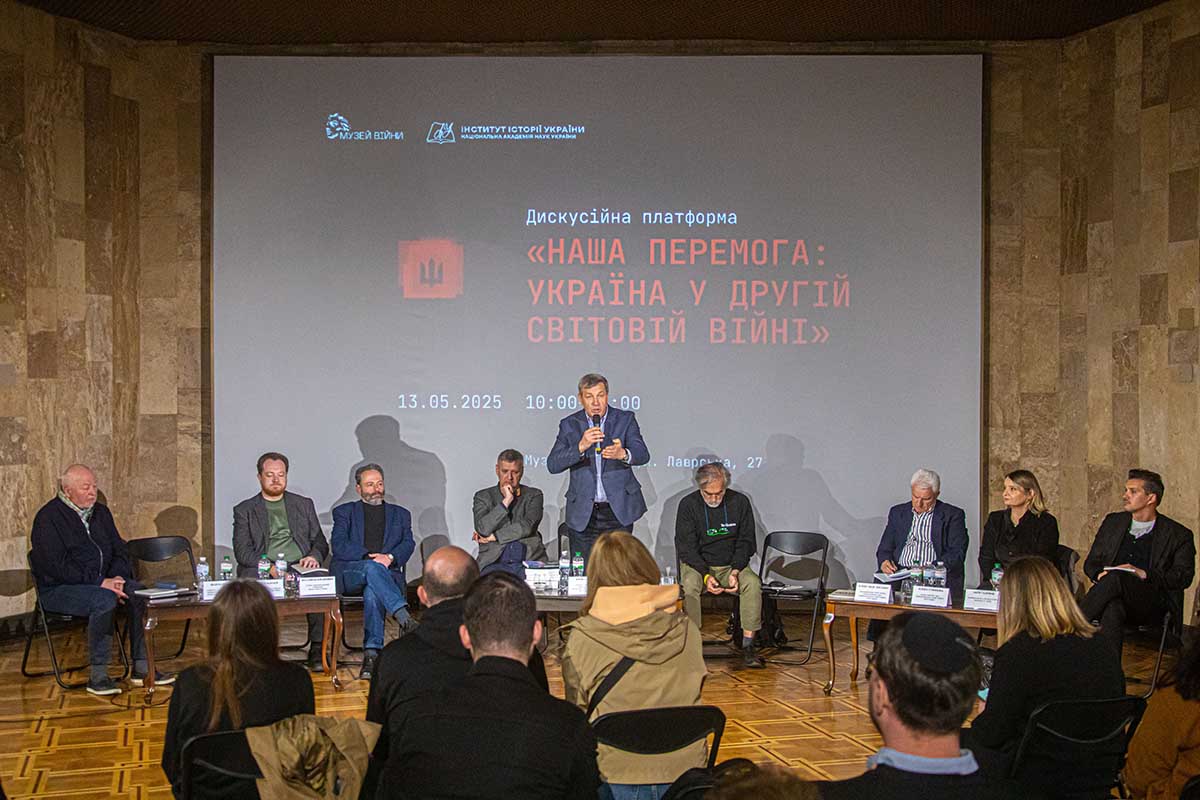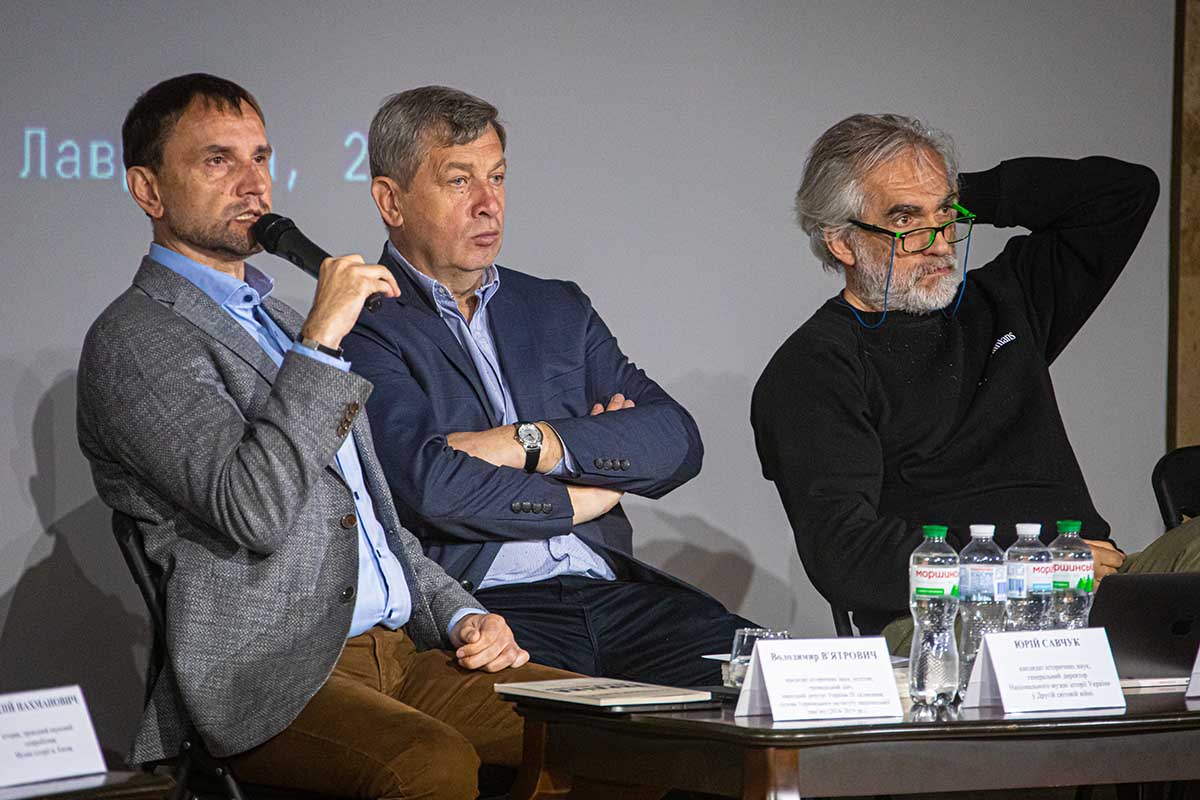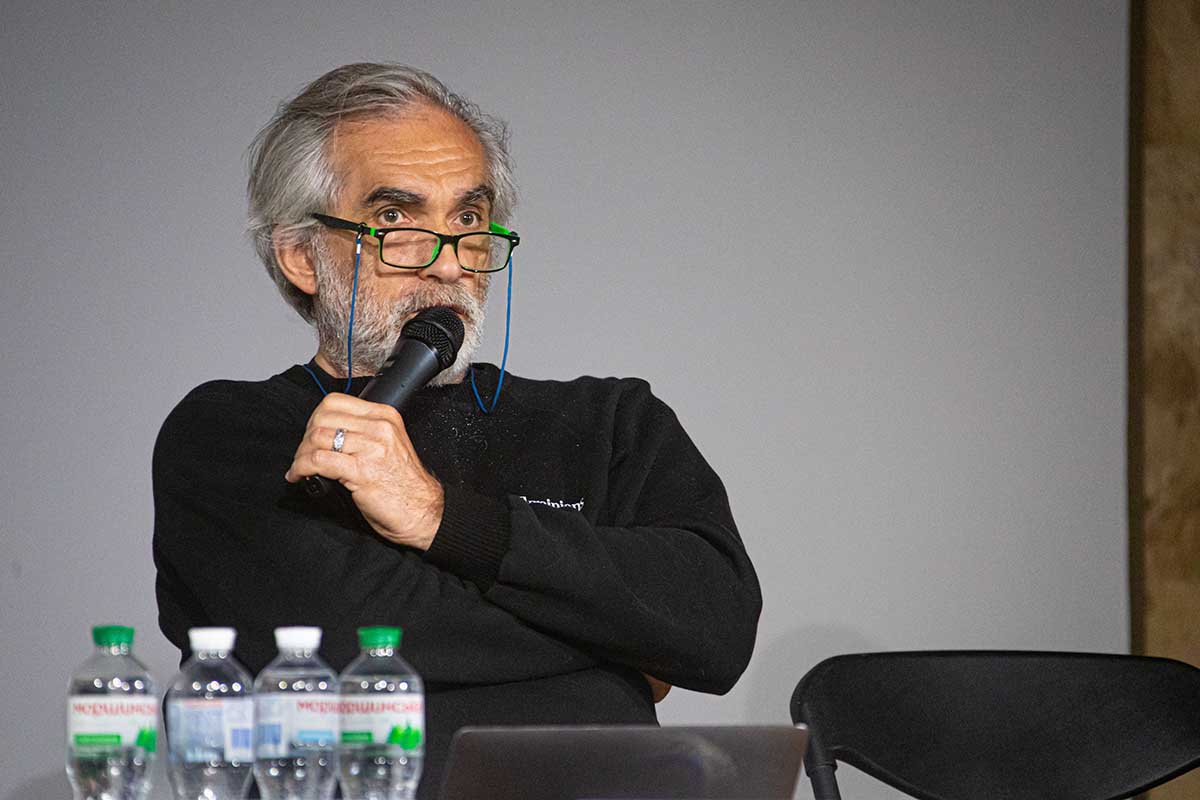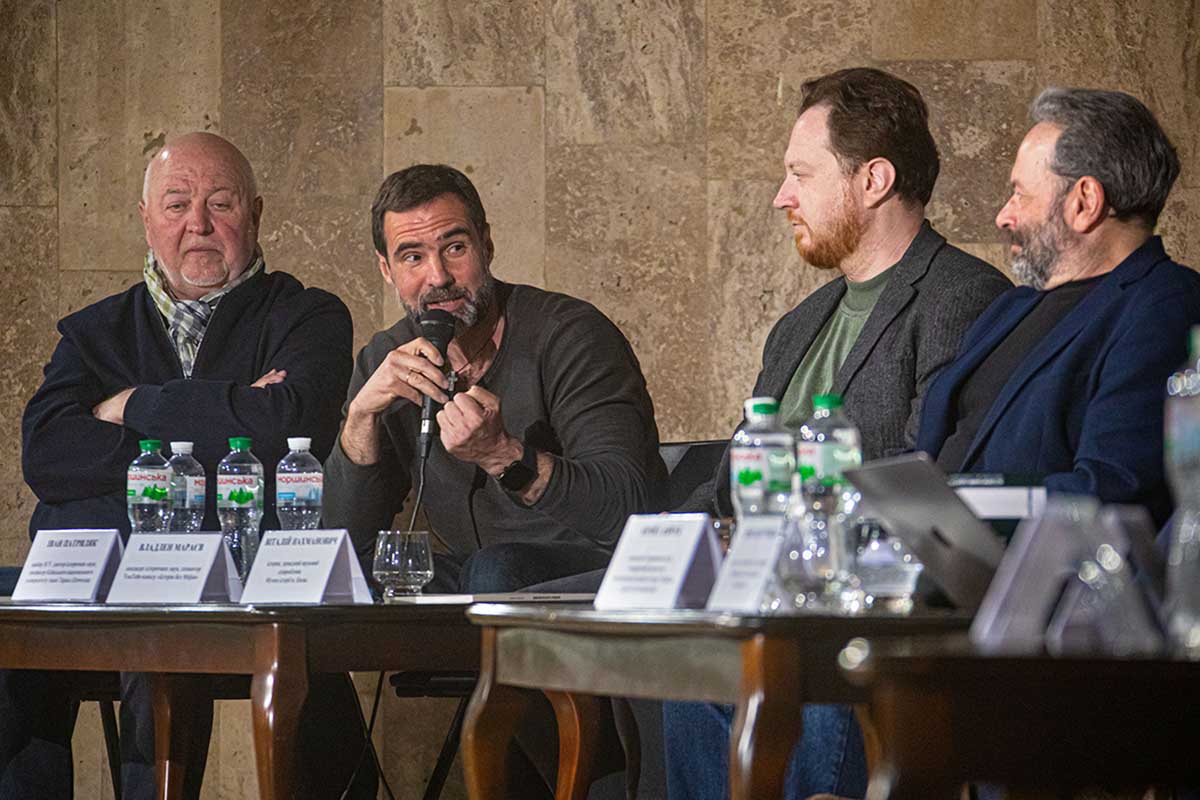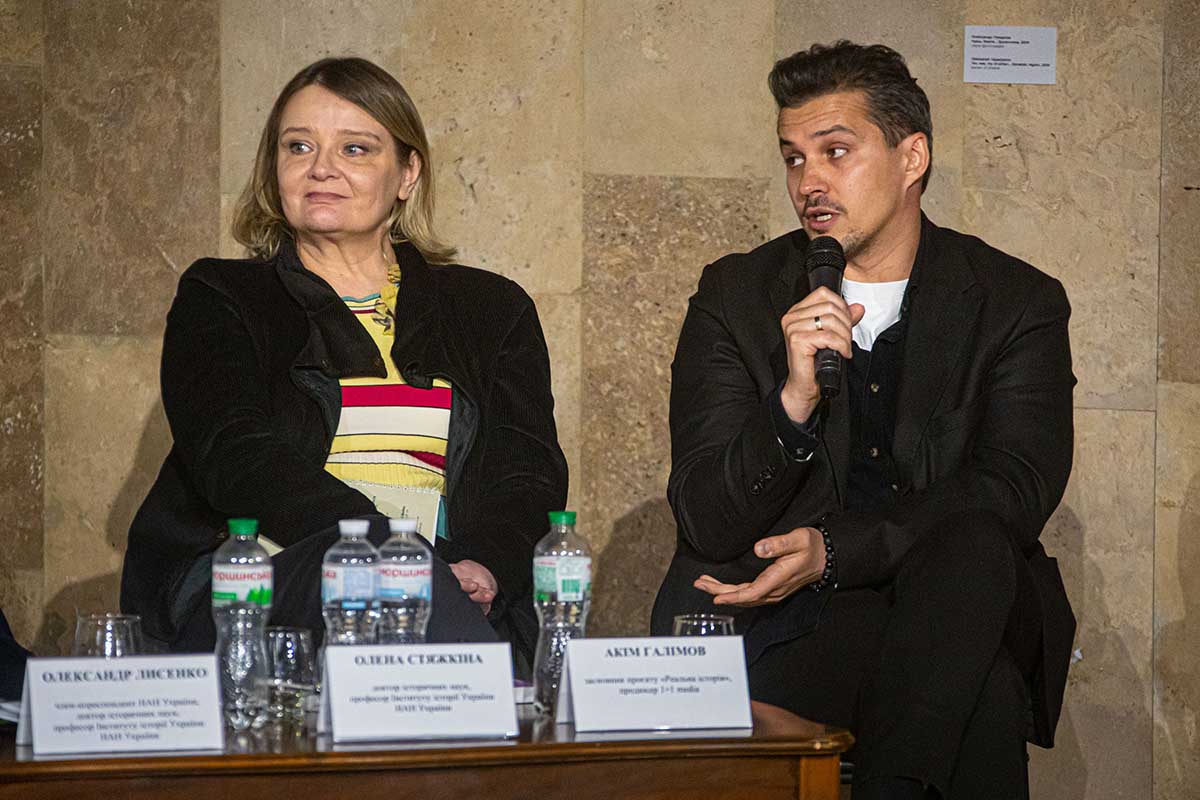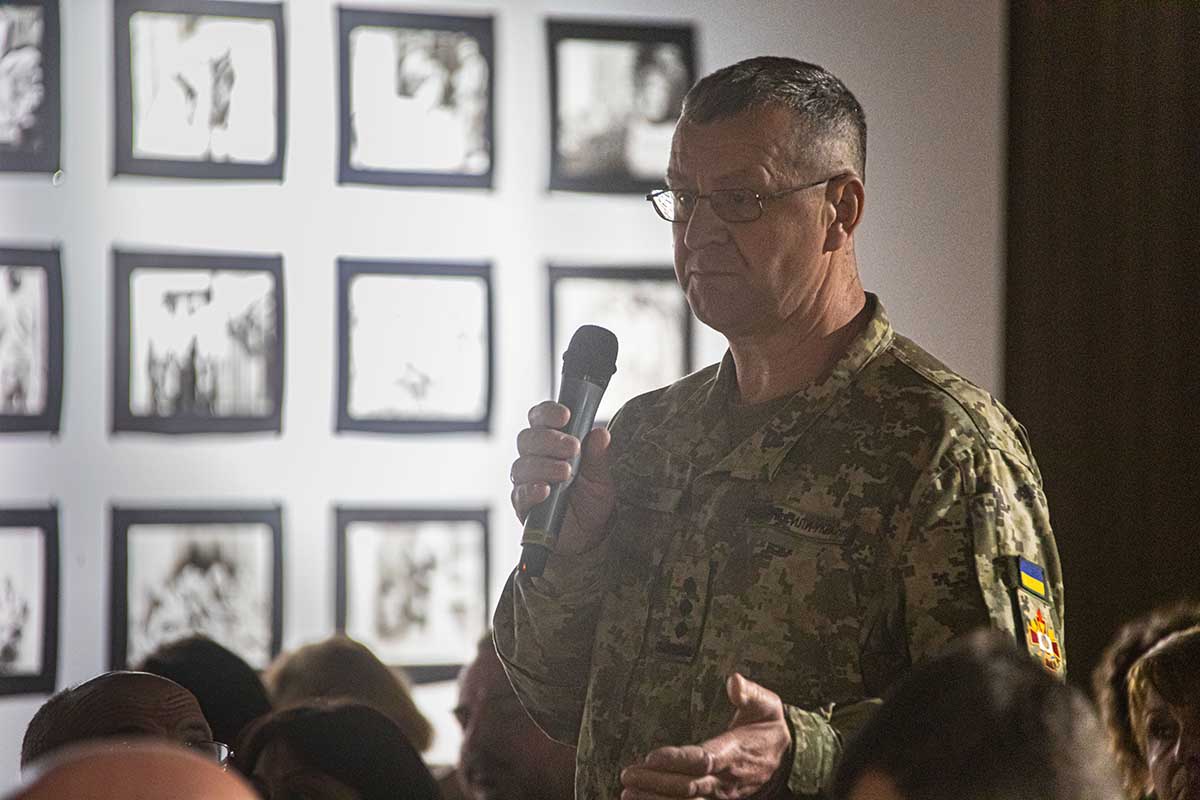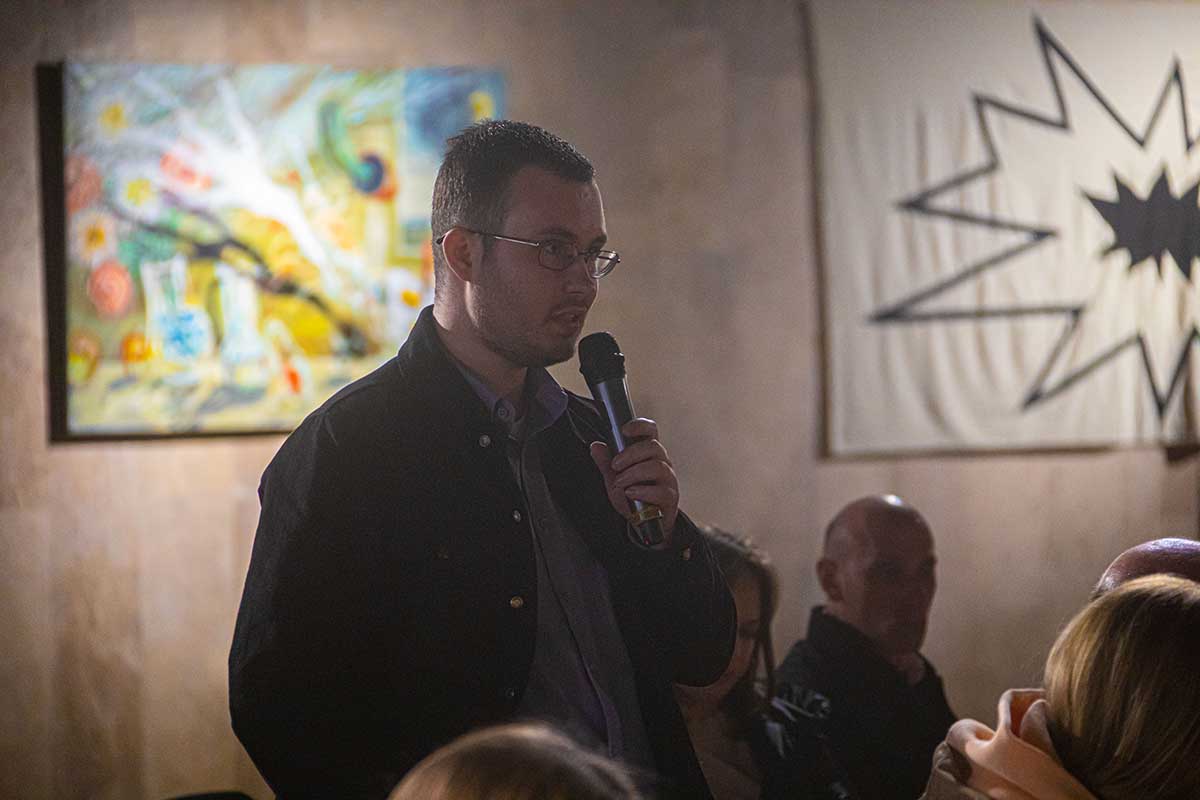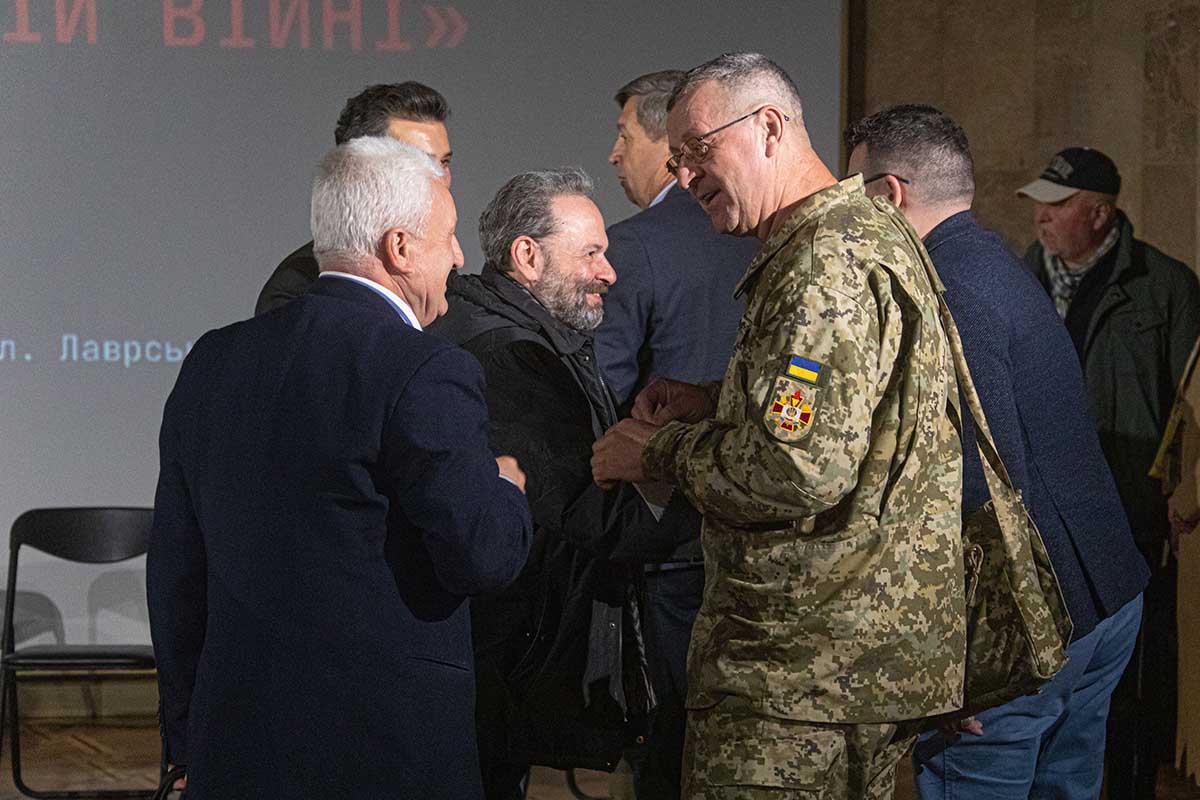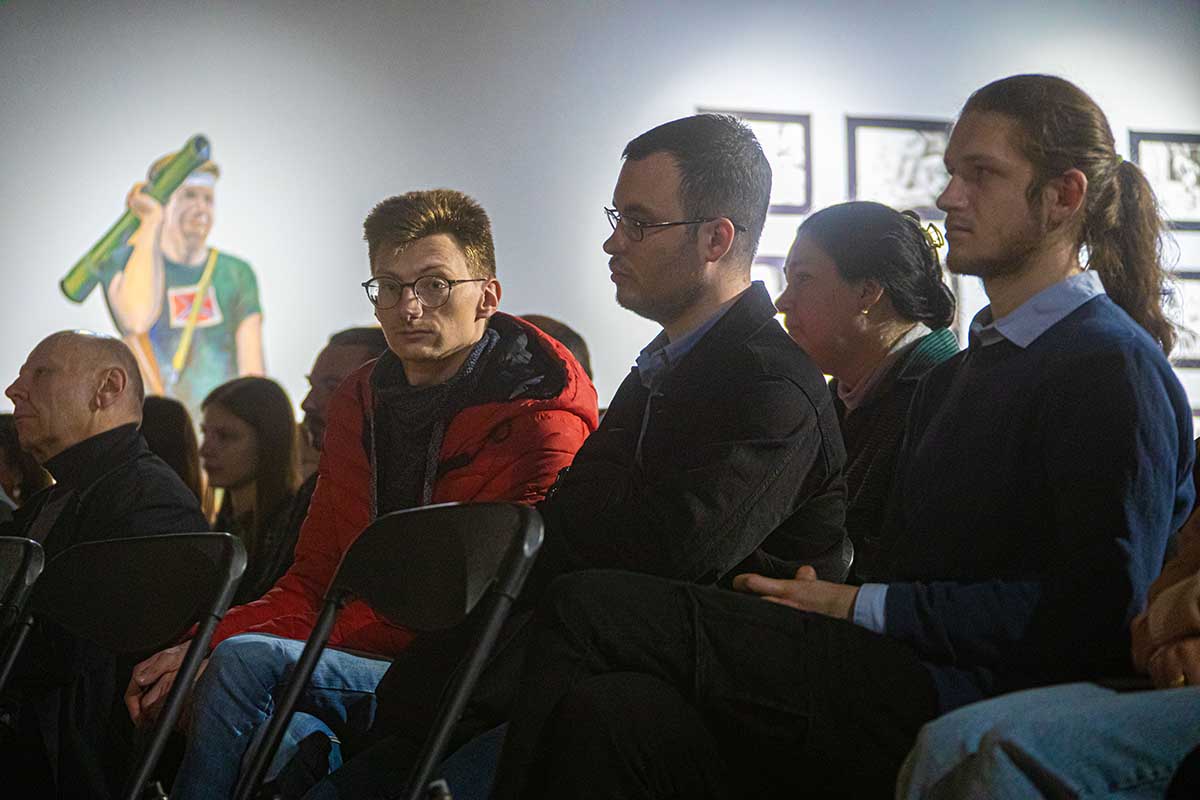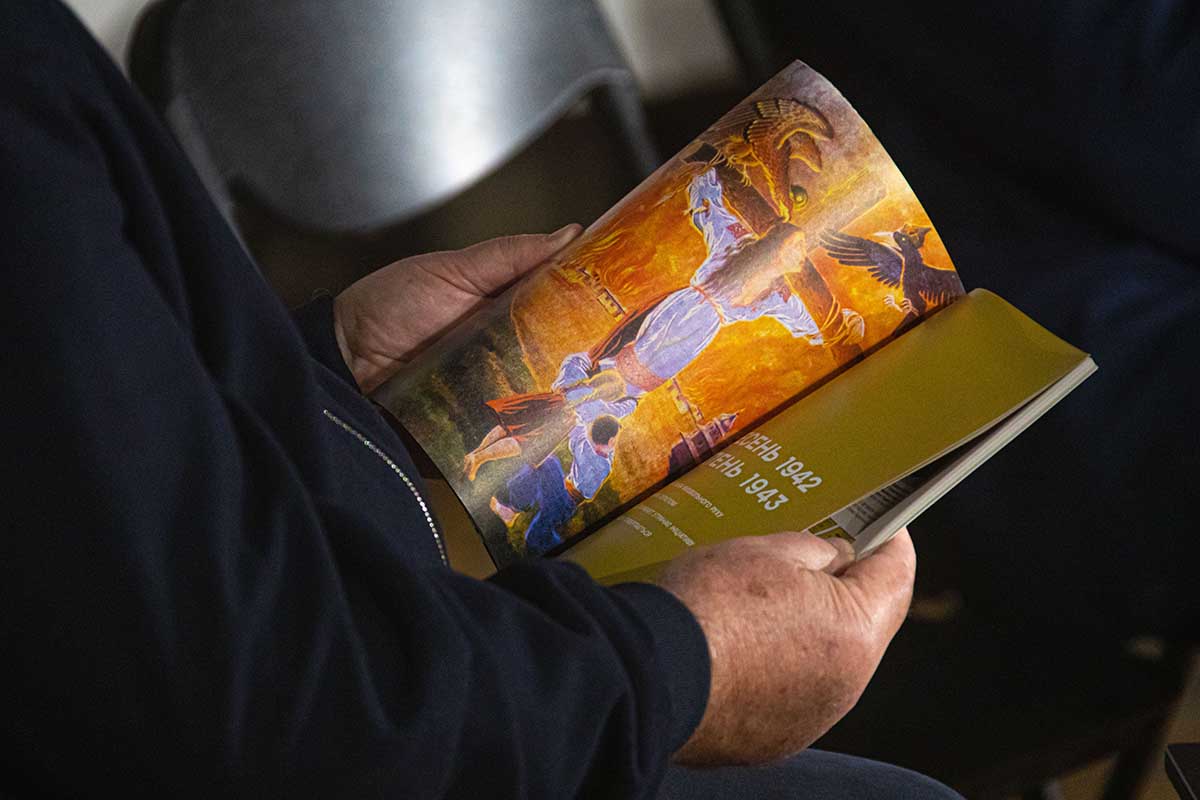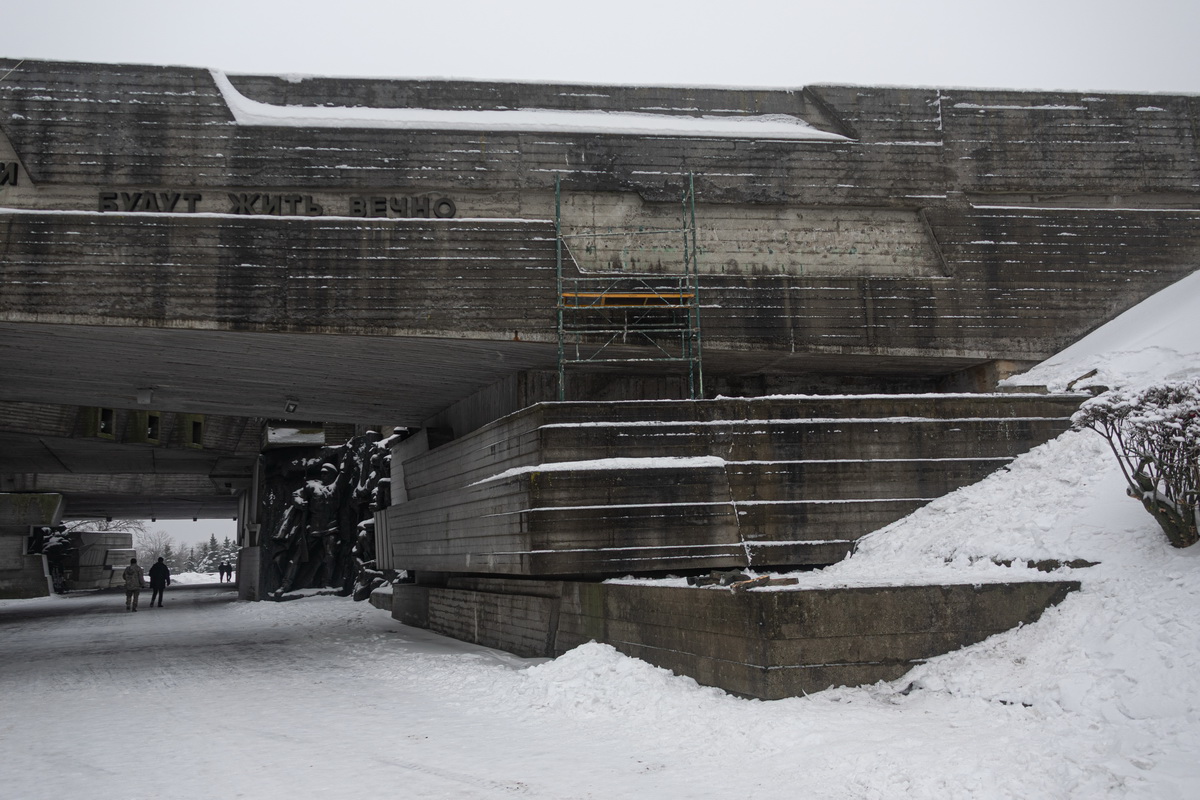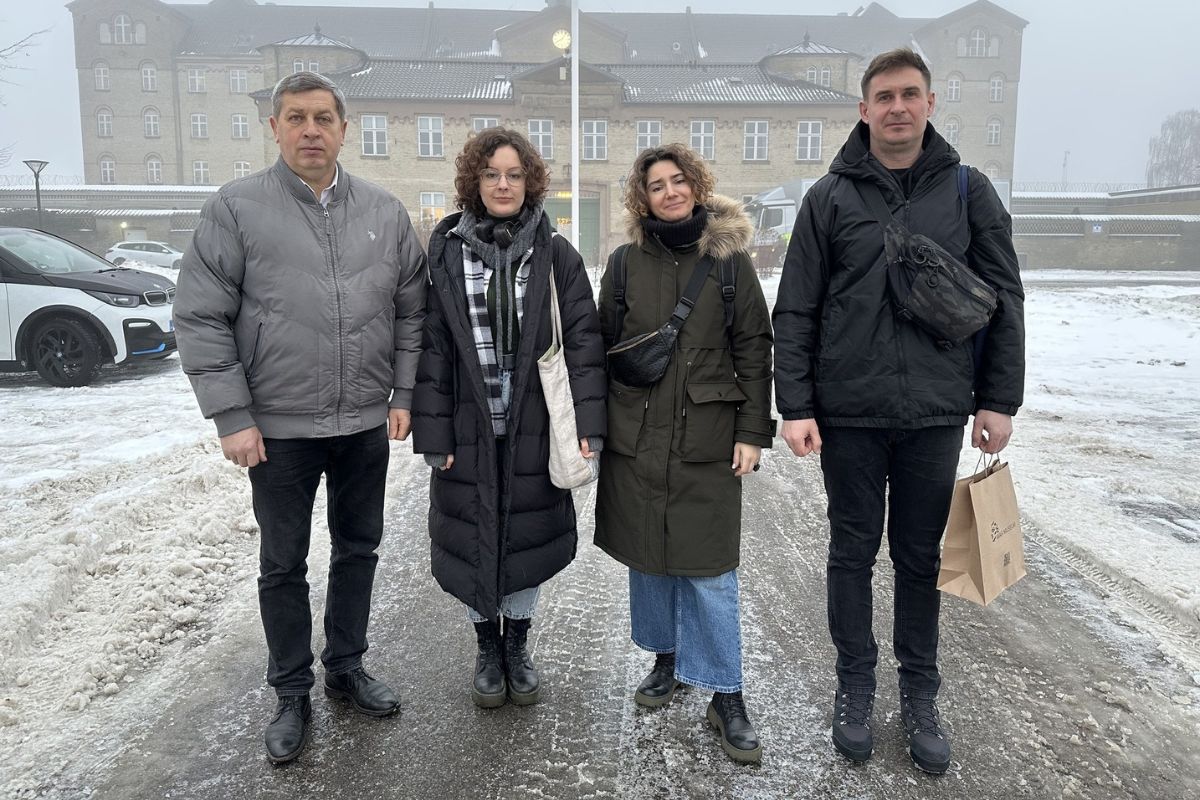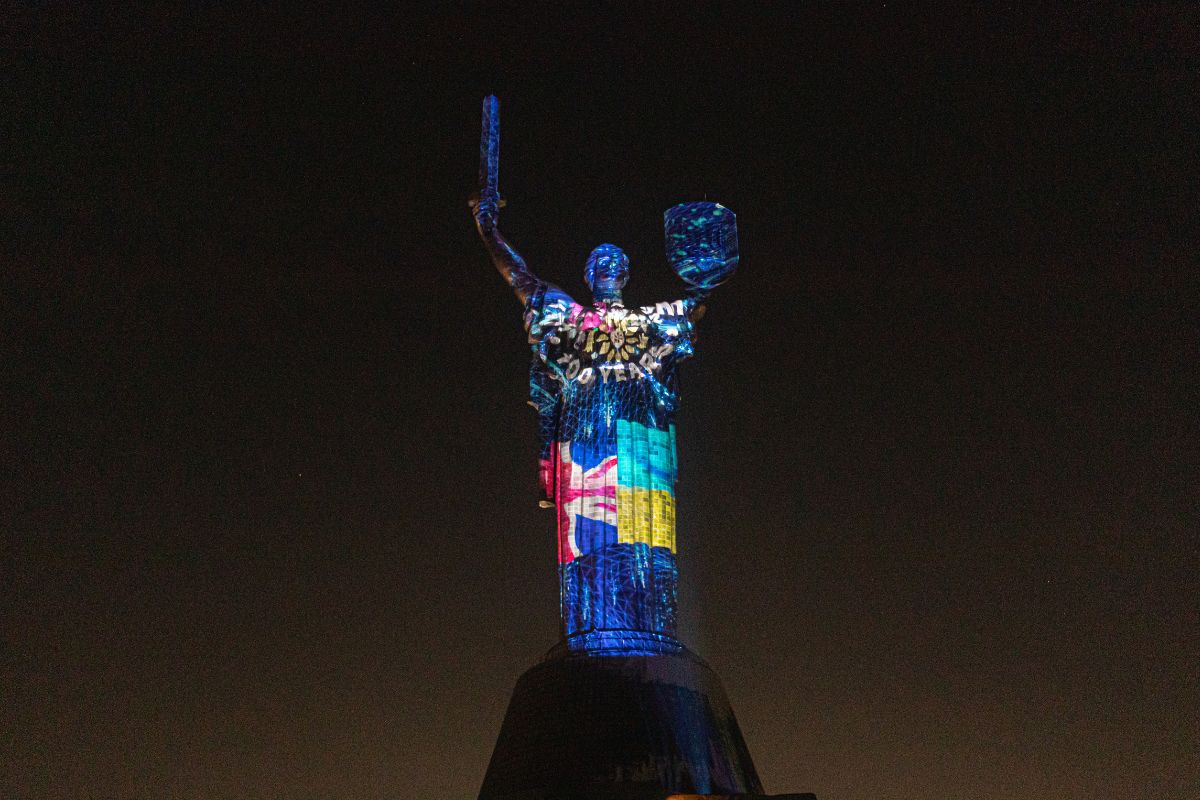On May 13, the War Museum, in collaboration with the Institute of History of Ukraine of the National Academy of Sciences, held a session of the discussion platform "Our Victory: Ukraine in World War II" to mark the 80th anniversary of the end of World War II in Europe and the victory over Nazism.
For the first time in its history, the Museum hosted a nationwide discussion forum where historians and public educators explored the complex process by which Ukrainian society is rethinking the greatest war in human history and shaping national historical narratives.
The event was moderated by Yurii Savchuk, PhD in History and Director General of the War Museum. Speakers and participants in the discussion included:
- Volodymyr Viatrovych, PhD in History, People’s Deputy of Ukraine (IX convocation), Head of the Ukrainian Institute of National Remembrance (2014–2019);
- Yaroslav Hrytsak, PhD in History, Professor at the Ukrainian Catholic University;
- Oleksandr Lysenko, Corresponding Member of the National Academy of Sciences of Ukraine, PhD in History, Professor at the Institute of History of Ukraine;
- Yurii Shapoval, PhD in History, Professor at the Institute of Political and Ethnic Studies of the National Academy of Sciences of Ukraine;
- Ivan Patryliak, PhD in History, Professor at Taras Shevchenko National University of Kyiv, Major in the Armed Forces of Ukraine;
- Olena Styazhkina, PhD in History, Professor at the Institute of History of Ukraine (National Academy of Sciences of Ukraine);
- Vitalii Nakhmanovych, Senior Researcher at the Kyiv History Museum;
- Vladlen Maraiev, PhD in History, co-creator of the YouTube channel "History Without Myths";
- Akim Halimov, founder of the "Real History" project, producer at 1+1 Media.
The discussion focused on current challenges in forming a distinct Ukrainian perspective on World War II. One such challenge is the ongoing war with russia, whose aggressor regime actively employs pseudo-historical myths as ideological weapons. Aligning Ukraine’s historical memory of World War II with the European civilizational framework and building public resilience to russian manipulative narratives are critical tasks facing Ukraine and its scholarly community.
A central topic of discussion was Ukraine’s lack of statehood – and thus its lack of subjectivity on the international stage – during World War II and how this factor influenced modern interpretations of those events.
Speakers also emphasized the importance of implementing scholarly and educational initiatives to engage broader society segments in the public discourse surrounding the world’s largest military conflict.
During the event, Yurii Savchuk presented a new popular science publication titled "Ukraine in World War II: War Calendar." He noted that the Museum aimed to create a resource unique in both form and content that could assist teachers and students in studying the topic of World War II.
For the Museum, it was essential to "synchronize scholarly timepieces" among leading experts in the field of the world’s greatest war – an endeavor that should lay the groundwork for future research and projects.
The work of the Discussion Platform reaffirmed the pressing relevance of rethinking World War II – a process sharply accelerated by the russian-Ukrainian war. Future rounds of this academic dialogue are anticipated.
